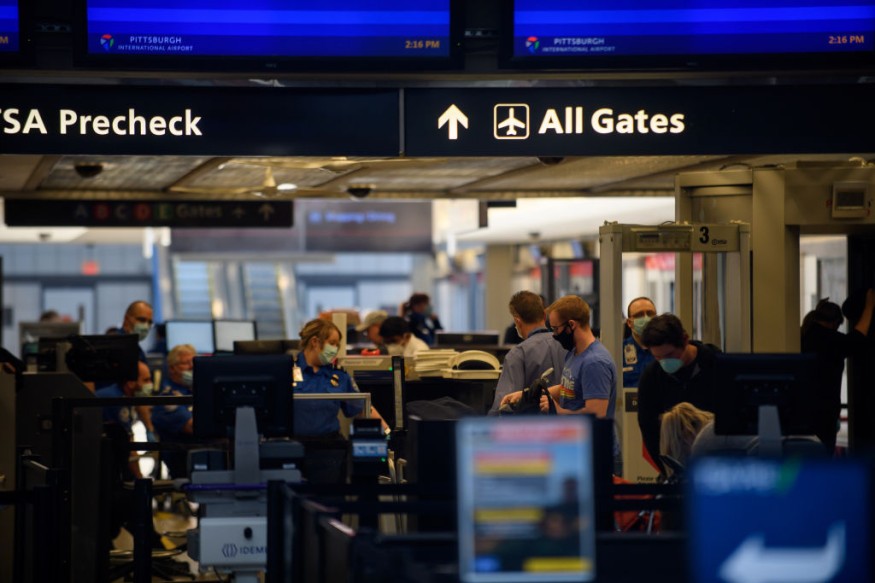US, Mexico, Canada Extend COVID-19 Travel Restrictions; Immigrants Face Difficulties

As a result of the COVID-19 pandemic, the United States, Mexico, and Canada will continue to temporarily restrict all non-essential travel across their borders until Nov. 21, according to acting Department of Homeland Security Secretary Chad Wolf.
Wolf announced the extension of travel restriction via his Twitter. Wolf said this is part of their efforts to limit the spread of coronavirus.
"We are working closely with Mexico & Canada to identify safe criteria to ease the restrictions in the future & support our border communities," Wolf tweeted as per a USA Today report.
Canadian Prime Minister Justin Trudeau said Canada would keep the border closed until the U.S. contains the cases of COVID-19.
Despite the land border travel restriction, Canada has started to allow extended family members who live in the U.S. to seek an exemption to travel, as long as they follow the country's COVID-19 guidelines.
Rep. Brian Higgins (D-N.Y.) asked President Donald Trump to do the same in the U.S.
Higgins called on the president to implement carefully calibrated exemptions to these restrictions so people can reunite with their family across the border.
Higgins cited the Canadian government's relaxed restrictions for the travel of family members.
"The United States, however, has yet to adopt similar exemptions for land border crossings," Higgins said in a USA Today report.
The U.S. government has also restricted travel at the US-Mexico border. As of now, border crossings into the U.S. are limited to U.S. citizens and permanent residents returning home. The restriction does not apply to air travel.
Immigrants Facing Difficulties
Immigrants are experiencing the stress of not being with their family and loved ones. It does not only go to those separated by America's borders with Mexico and Canada.
Sarahy Sigie Reyes was set to fly from Seattle to Hong Kong to be with her new husband, Eugene Kobiako. Kobiako is a consultant who moved from Boston to Hong Kong in February.
Reyes is a Mexican citizen from Guadalajara. She had all her requirements to board her flight. That includes the spousal visa that she would need to live in Hong Kong.
However, when Reyes was set to fly for Hong Kong, Air Canada's check-in agent would not allow her to board as she was not a Hong Kong resident. Aside from not being able to board, her work visa was also running out in the U.S.
The couple booked another flight in Seoul en route to Hong Kong. She boarded three hours later. However, her negative COVID-19 test result was no longer valid after 72 hours.
Reyes then decided to pay another $2,200 for her 14-dau quarantine period. She eventually arrived in Hong Kong, where she had to quarantine for another two weeks.
Air Canada later commented on Reyes' situation and said she was denied boarding the plane as she did not show an electronic travel authorization form.
Related story : US-Mexico Border Has Closed Except for Essential Cargo
This is a requirement for Mexican citizens flying through Canada.Reyes said she had it with her. However, the airline did not ask for it during check-in.
The U.S. has a total of 9.3 million COVID-19 cases, with 231,000 deaths. Meanwhile, Mexico recorded 933,000 cases, with 795,000 recoveries and 92,100 deaths.
Subscribe to Latin Post!
Sign up for our free newsletter for the Latest coverage!

















